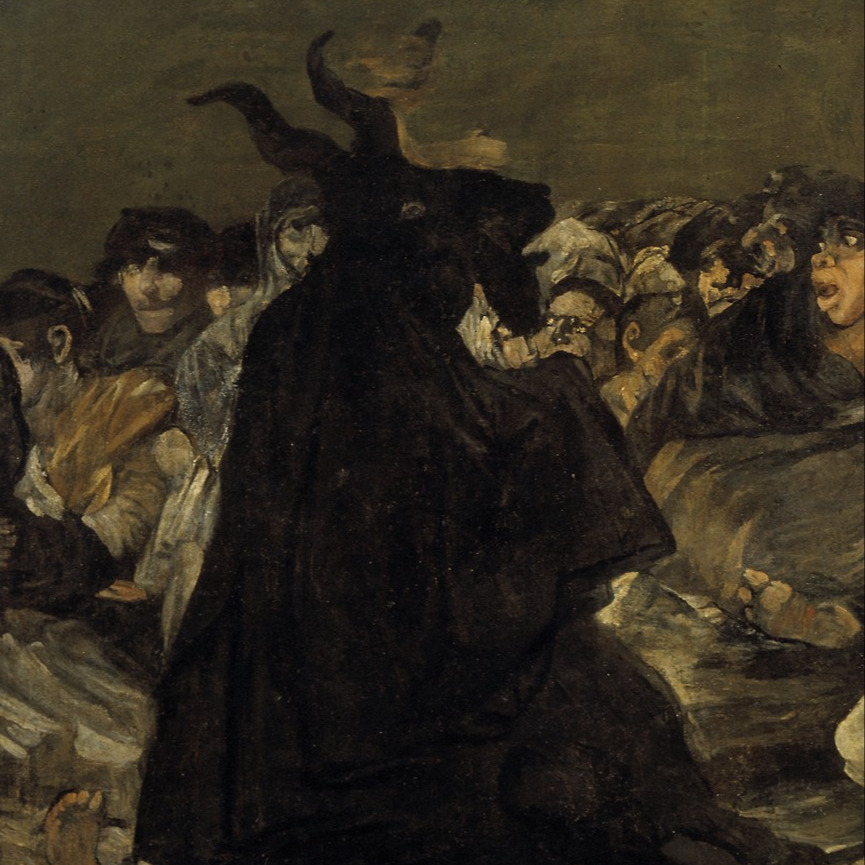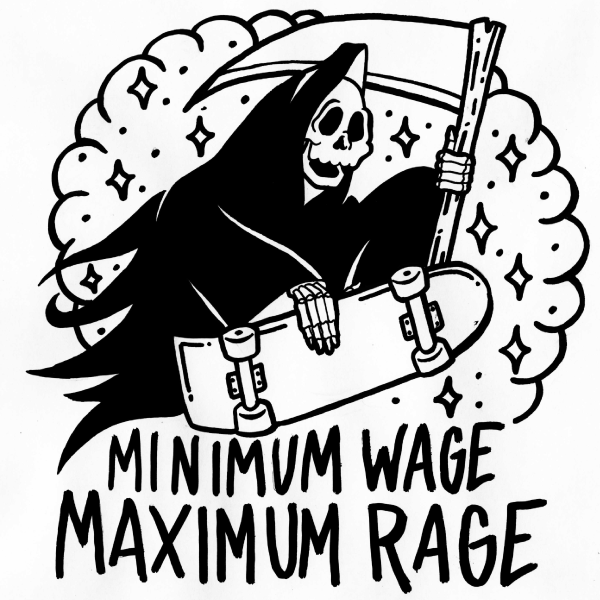Because english is just semi random noises
Truer words were never spoken.
Most languages are, but english goes out of its way in being phonetically retarded
My favorite example is the word “yacht”
Ghoti
Gh (f) as in enough,
O (í) as in women,
TI (sh) as in motion
Pronounced: Fish
Make it “Ghoti” with GH as in enough
Thanks for the idea, will do!
Here is an alternative Piped link(s): https://piped.video/shorts/3ipFdRfFvK4?feature=share
Piped is a privacy-respecting open-source alternative frontend to YouTube.
I’m open-source, check me out at GitHub.
So, this is both fascinating and remarkably simple once you learn some basics about how spoken language evolves.
Let’s start here: say “woman” out loud. Now, say it again, and this time pay attention to your tongue. When you said “woman,” did you pronounce the “o” sound at the front of your mouth, higher in your mouth, and the “a” at the back, lower in your mouth?
Now try this. Say “women,” again paying close attention to where the vowel sounds come from in your mouth. First pronounce “women” as it is written- kind of like “woah men.” Do you feel how much more work that requires that pronouncing “woman” does? Now, pronounce “women” as you naturally do. Assuming you are in North America, this probably sounds a bit like “wimmin.”
Probably, this “wimmin” pronunciation feels easier and more natural. This is largely because those vowel sounds originate in roughly the same area. When a word has multiple vowel sounds and they move from front to back or top to bottom, there’s a good chance we will naturally shift towards an easier pronunciation.
I like your explanation…
And then there’s Thai language, each word pronounce like the sounds originate from 12 different places in your mouth while being choked to death. Then do a big snort after every 3rd words.
Wait there are people who pronounce women with an i?
Yes? English is only my second language, but the way I hear it:
Woman: Whoman
Women: Wimin or Wimen
The latter is much shorter.
Huh, for me it’s more like wuhmen vs wohman.
The i-pronunciation is commonplace enough that some feminists who want to avoid the word “men” spell “women” as “wimmin”, i.e. the phonetic spelling.
Interesting. I associate the “wimmin” spelling with Terry Pratchett’s writing, where it’s used in the speech of lower/middle-class men, implying casual/uninformed objectification.
Am I the only one who pronounces them both with an I sound
Both with an O here.
Are the two obviously differentiated like that?
In most of the American English accents I’m familiar with, they’re pronounced “WI men” and “WŌ man.”
If I try to sound out using an I in both, the only way they sound different to me is if I move the accent to the final syllable, to mane it stand out. Something like “wi MEN” vs “wi MAN.”
If so, I’d love to hear where you’re from.
From Ohio, and they aren’t differntiated at all I just pronounce them the same (although I was mistaken about which part of the word the meme was referencing, I still pronounce both with an o/u sound at the beginning)
I think the meme is referring to the first vowel.
Your reply helped me understand what on earth was happening. I was like “wimin and wimen?!”
deleted by creator
Same, i think its a regional thing.
Accents matter. It sounds like “vho-men” when I say it.
Removed by mod
English not being my first language, I can relate to that thought 😅
When I started learning English I pronounced woman as woh-man. Good times
Lol, there was a joke about “woh-men” in the game Disco Elysium, if I’m not mistaken. But the game only tells you “the world is in danger from the mysterious Wo-men”. Maybe some players never realised it critisized sexism?
Wimmen? You’re just saying it wrong.
Wait people pronounce them differently. I’ve been saying it the same way.😭
Same here and I’m a native NA English speaker
I think it’s a matter of accent and Dialekt. I pronounce both the same🤷
Also correct if he’s thinking about cute dogs / cats / other animals that have more than 1 female in the group.
We probably just nicked the words from different languages.
for the love of God please someone google what a schwa is before replying
For the love of God are you referring to the first or second vowel? People seem to think OP is talking about the second
I was just shitposting while high. but the real question isn’t “why are they pronounced differently?” but “why are they written the same?”
Woman is an ellison of wīfmann
Man is an abbreviation of wermann
“Mann” meaning “human” and wīf/wer meaning “female/male”
No one asks why “man and men” are pronounced differently, and it’s likely we’d have “wermann / wermen” pronounced “wur-man” and “wier-men” if we’d kept the distinction.
ə















